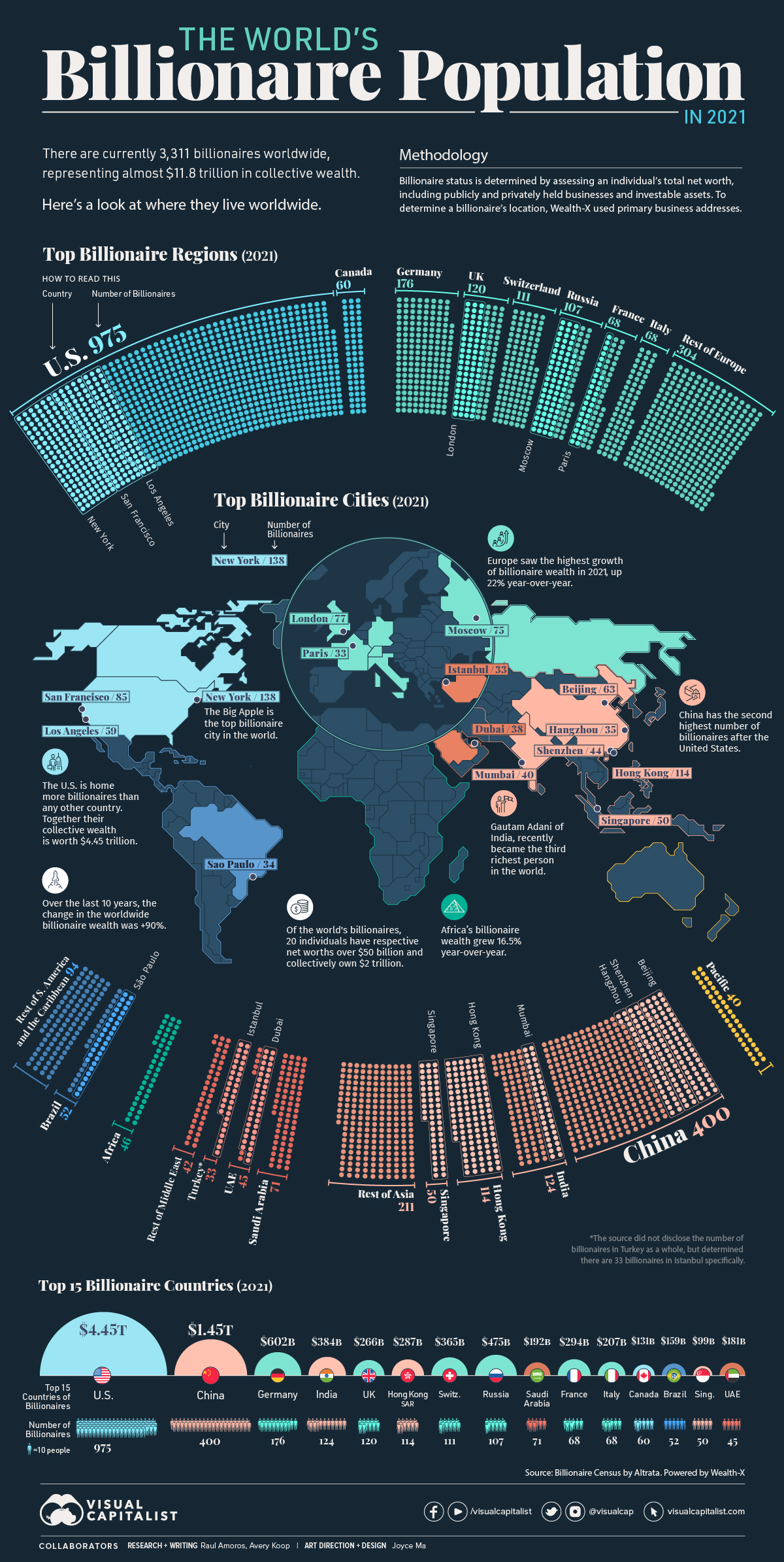Global Market News
Global equities drop on inflation concerns
Global equities were down on the week as inflation figures came in higher than expected. The S&P 500 and Dow Jones declined 4.77% and 4.13% respectively, while the Nasdaq dropped 5.48%. The yield on the US 10-year Treasury continued climbing, closing Friday at 3.45%. The price of a barrel of West Texas Intermediate crude oil decreased to $85.11. Volatility, as measured by the CBOE Volatility Index, ended the week at 26.3.
Inflation remains elevated
In August, the Consumer Price Index (CPI) rose 8.3% from a year earlier, coming in above the consensus forecast of 8.1%. Markets fell on the news as investors had hoped the more than 10% drop in gas prices would translate into a larger decline in inflation. Following the data release, markets priced in more aggressive action from the Federal Reserve, anticipating at least a 0.75% increase in interest rates at next Wednesday’s meeting.
International Developments
Putin and Xi meet at Central Asia summit
Chinese President Xi Jinping met with Russian President Vladimir Putin at a regional security summit in Uzbekistan this week. The two leaders demonstrated their countries’ ongoing support for one another by praising each other and blaming the US for heightened political tensions. Putin applauded Xi for his “balanced” position on the war in Ukraine and affirmed Moscow’s support for Beijing’s policy towards Taiwan, accusing the US of stirring up tensions over the island.
Armenia and Azerbaijan reignite conflict in deadly border clash
Since Monday, more than 170 people have been killed in a deadly border clash between Armenia and Azerbaijan. The long-running conflict between the two countries over the disputed Nagorno-Karabakh region was reignited this week with both sides blaming each other for the flare-up. It is the deadliest bout of violence between the sides in two years. The US and Russia (a long-time ally of Armenia) have called for an end to the violence while Turkey has unsurprisingly aligned itself with Azerbaijan, accusing Armenia of violating an existing peace settlement. A fragile Russian-brokered ceasefire is currently holding but further peace talks are needed.
US Social & Political Developments
Rail workers reach deal after White House intervention
Rail workers and companies reached a tentative labor agreement on Thursday night, averting a strike that was supposed to begin shortly after midnight. US President Joe Biden was personally called into negotiations on Wednesday night to discuss a deal and express the economic catastrophe that would result from a rail system shut down. The deal gives union members an immediate 14% raise with back pay dating to 2020 and raises totaling 24% during a 5-year contract (2020-2024). Once the deal is ratified, union members will also be given an average of $11,000 per person in bonuses. The crisis shook up stock markets this week as investors and businesses feared a strike would threaten the wider US economy. 30% of US freight is moved by rail.
Biden announces biotech manufacturing initiative
President Biden launched a new biotech manufacturing initiative aimed at encouraging biotech production and research in America. The president signed an executive order on Monday implementing the program and he also appointed biotechnology executive Renee Wegrzyn the director of a new federal agency that will be a key component of the initiative. The Biden administration hopes it will boost domestic biomanufacturing in pharmaceuticals, agriculture, plastics, and energy.
Corporate/Sector News
Germany moves to secure control of its energy market
In an attempt to secure its energy market following Russia’s decision to cut off gas supplies to Europe, the German government is looking to take control of some its domestic energy market players to ensure critical supplies. The country has already rolled out a series of government bailouts and rescue loans for energy companies, but it plans to take more action as losses of hundreds of millions of euros per day continue. Extreme measures like the nationalization of key energy assets are even on the table. In the latest news, Berlin said it would take over Russian oil giant Rosneft’s German unit which includes three crude refineries that account for 12% of the country’s oil processing capacity. Berlin is also in talks to take state ownership of Uniper, VNG, and Securing Energy for Europe (formerly Gazprom Germania).
Adobe announces new acquisition
Adobe shares plunged more than 16% on Thursday and continued to fall on Friday after the company announced the purchase of Figma, a design software firm, in a $20 billion transaction. Traders disagree with Adobe’s move likely due to the fact that Figma was only valued at $10 billion last year. Figma specializes in a “web-first collaborative design platform” which allows employees to use digital tools together on projects. From a strategic standpoint, analysts from Evercore and Oppenheimer say the acquisition makes sense but that it came at a very high price.
Shell CEO steps down after 9 years
CEO of Shell Oil Ben van Beurden is stepping down after about 9 years in the position and nearly 40 years working for the company. Under his leadership, Van Beurden led the $52 billion takeover of rival BG Group and he guided the oil giant through the oil price slump of 2014-16 and the energy collapse of the Covid-19 pandemic. Taking his place is Wael Sawan, the director of integrated gas, renewables, and energy solutions. Sawan will step into the role as the company comes under intensifying investor pressure to achieve net-zero carbon emissions by 2050 and to diversify Shell’s business with renewable-energy initiatives.
Recommended Reads
Why the dollar has overtaken the euro
Ukraine’s Lightning Counteroffensive Approaches the Russian Border
Giorgia Meloni May Lead Italy, and Europe Is Worried
Eurozone factories suffer biggest output fall since pandemic hit
This week from BlackSummit
The Day After & the Era of Transformation
The BlackSummit Team
Image of the Week

Video of the Week
Food and fuel compete for farmland
Source: Financial Times
